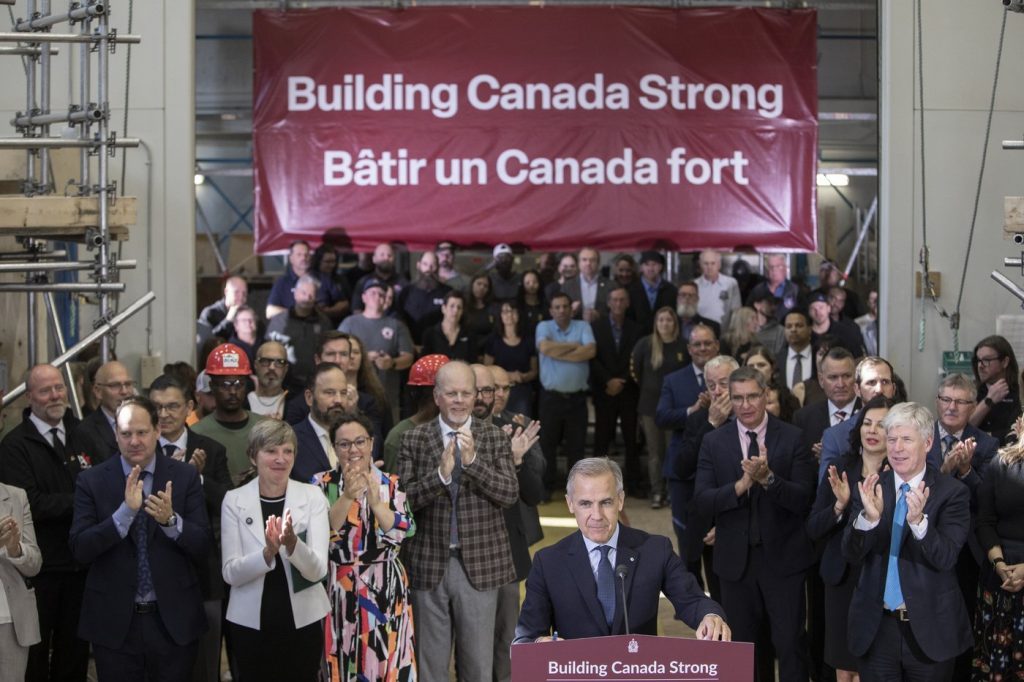A recent survey conducted by KPMG in Canada highlights a strong interest among business leaders in the federal government's initiative to enhance national infrastructure. However, it also reveals significant concerns regarding potential legal complications stemming from inadequate Indigenous consultation.
The survey, which included responses from 501 business owners and executives between September 11 and October 2, aimed to gather insights ahead of the upcoming federal budget. Findings indicate that nearly all respondents support infrastructure projects, with a majority apprehensive about delays due to legal challenges if Indigenous groups are not properly consulted.
Notably, about 30% of those surveyed expressed a desire for a broad range of projects, showing equal interest in energy, artificial intelligence, transportation, and ports. A quarter of respondents indicated that energy projects should be prioritized, while 22% focused on AI, 18% on transportation, and a mere 5% on ports. Specific projects mentioned include two initiatives centered on West Coast liquefied natural gas exports, two related to renewable energy, and one concerning critical minerals.
The report reveals that 84% of business leaders are worried that inadequate consultation could result in delays and legal setbacks. Zach Parston, a partner and national infrastructure leader at KPMG, emphasized the importance of genuine interaction with Indigenous communities. He warned that if Indigenous consultation is reduced to a mere "box-checking exercise," it could erode trust and provoke opposition to projects.
Parston highlighted that successful projects not only satisfy consultative demands but also foster Indigenous leadership, shared decision-making, co-development, and robust governance models. This approach is vital for establishing a constructive relationship with Indigenous communities and ensuring project advancement.
The Building Canada Act, which came into effect in June, is intended to accelerate the development of projects identified as being in the national interest through the Calgary-based Major Projects Office. The first round of major projects under review includes the second phase of the LNG Canada project, mining operations in British Columbia and Saskatchewan, a small modular nuclear reactor initiative in Ontario, and a port expansion project in Quebec.
However, this legislation has faced criticism, particularly from Indigenous leaders who are concerned about the potential infringement of their rights. In response, the Canadian government has established an Indigenous Peoples’ Council to provide guidance on major projects, aiming to better incorporate Indigenous perspectives into the decision-making process.
KPMG's release underscored that the new legislation might oversimplify the complexities inherent in major project development. As the government seeks to balance infrastructure growth with Indigenous rights and interests, it remains clear that effective dialogue and collaboration will be critical to the successful implementation of these initiatives.
The survey underlines an essential dialogue regarding infrastructure development in Canada, particularly with respect to Indigenous engagement. As the federal budget approaches, the importance of addressing these concerns will likely shape the direction of future projects and policies.










